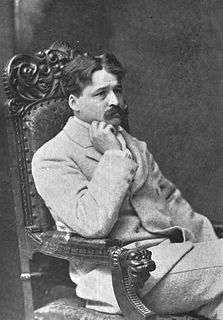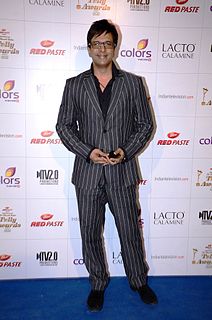A Quote by Tom Hanks
The reason most of us go to the movies is to be involved in someone else's moral dilemma.
Related Quotes
We will never know the extent of the damage movies are doing to us, but movie art, it appears, thrives on moral chaos. When the country is paralyzed, the popular culture may tell us why. After innocence, winners become losers. Movies are probably inuring us to corruption; the sellout is the hero-survivor for our times.
When we resent someone in some way we need to "be on the alert" that even innocent gestures on their part can become suspect to us. Even something as simple as their walking into a room or whispering something to someone else can be conjured up in our minds, to look to us as if they're doing it on purpose to irritate us -as if they're involved in some diabolical plot to hurt us further. What they may be doing may have no connection to their past actions that hurt us in the first place but our resentful feelings against them can often taint our perception of what's really taking place.




































